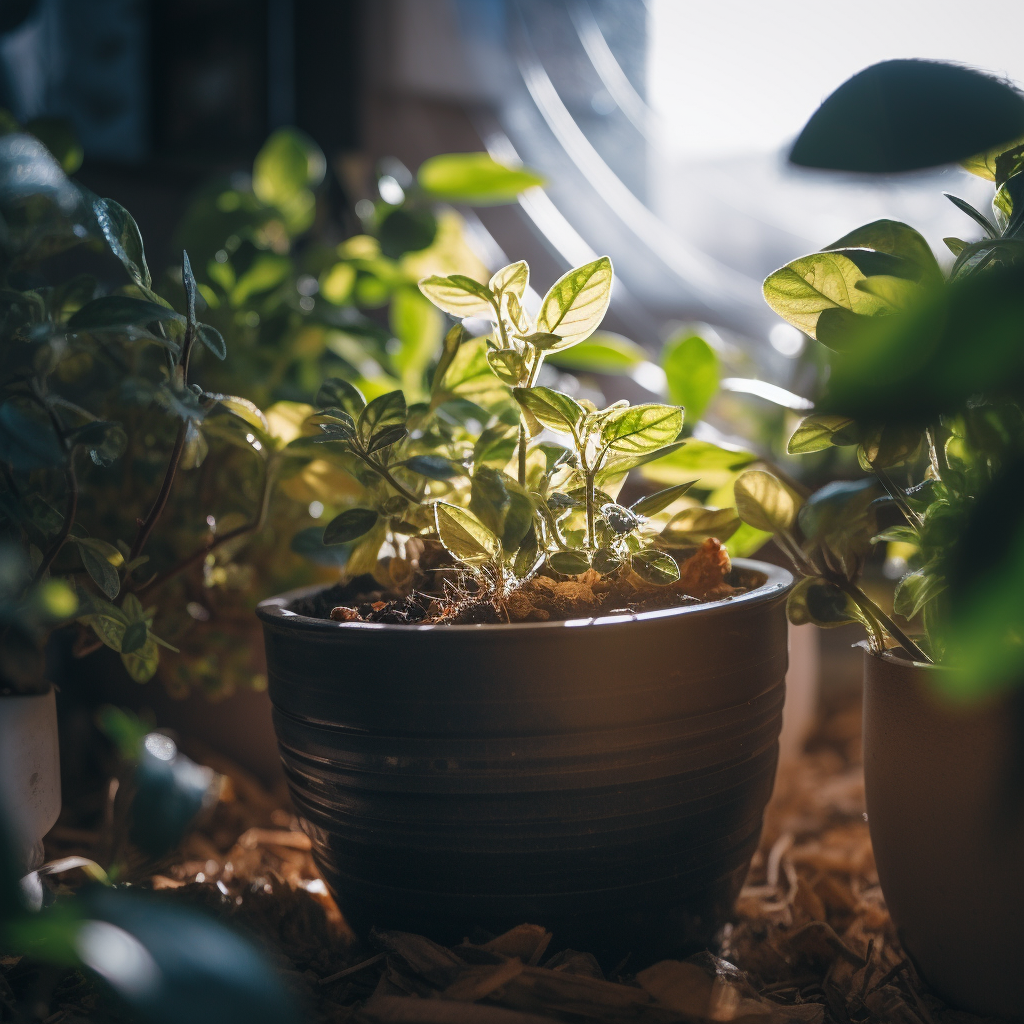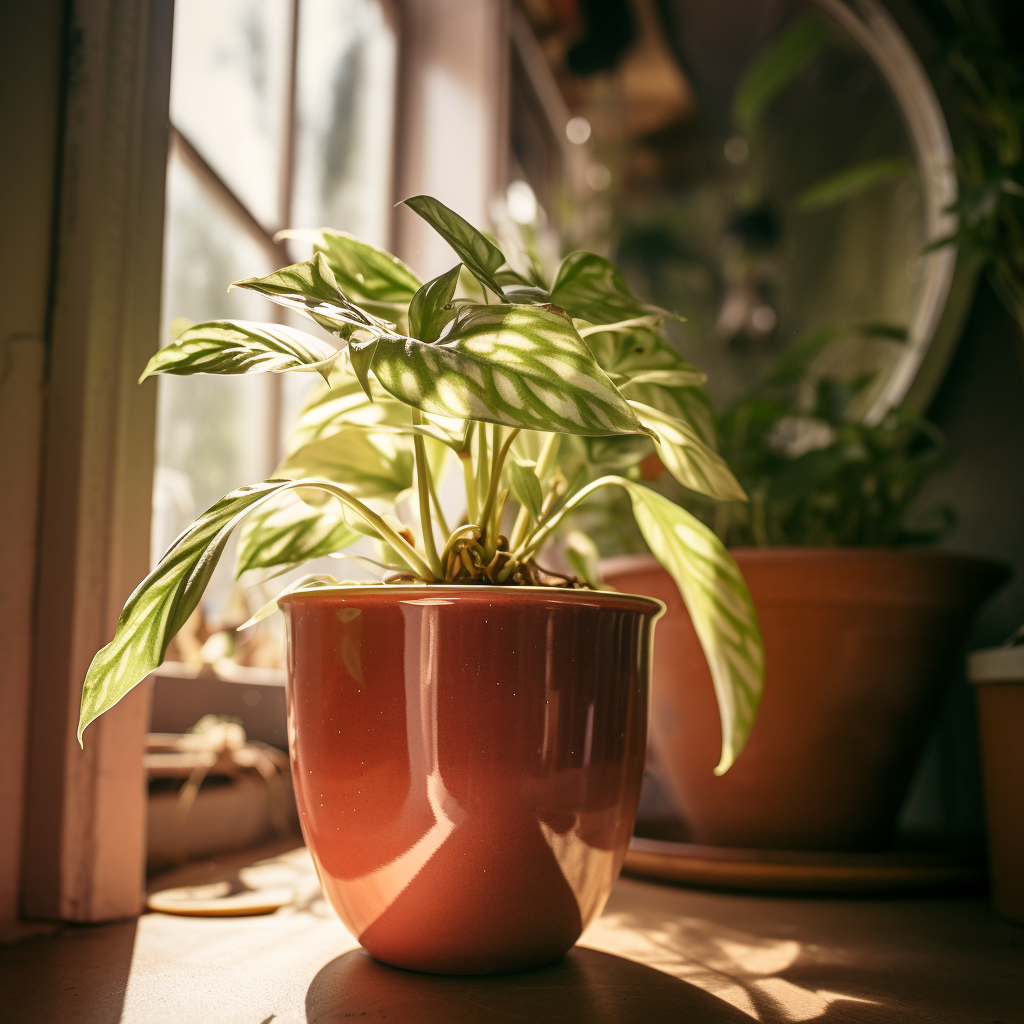
In the quest for sustainable gardening practices, many enthusiasts are turning to unconventional yet effective methods to enhance plant growth. Coffee grounds and pasta water, often dismissed as kitchen waste, hold surprising potential as soil amendments. Rich in nutrients and organic matter, these humble byproducts can contribute to healthier, more vibrant plants. Let’s take a look into how adding coffee grounds and pasta water to plant soil can benefit your green companions and promote sustainable gardening practices.
The Benefits of Coffee Grounds:
Coffee grounds are a readily available resource in most households, and their benefits extend far beyond brewing the morning cup of joe. When used as a soil amendment, coffee grounds enrich the soil with essential nutrients such as nitrogen, potassium, phosphorus, and magnesium. Additionally, coffee grounds improve soil structure, enhance water retention, and promote beneficial microbial activity.
Nitrogen, a key component of coffee grounds, is crucial for plant growth and chlorophyll production. By incorporating coffee grounds into the soil, gardeners can provide a slow-release nitrogen source that nourishes plants over time. This gradual nutrient release minimizes the risk of nitrogen leaching, ensuring a sustainable supply for plant uptake.
Coffee grounds also contain significant amounts of potassium and phosphorus, essential macronutrients for plant health. These nutrients contribute to root development, flower formation, and overall plant vigor. Furthermore, coffee grounds’ organic matter content improves soil fertility, supports soil organisms, and fosters a healthy soil ecosystem.
How to Use Coffee Grounds in Plant Soil:
To harness the benefits of coffee grounds in your garden, consider the following tips:
1. Composting: Incorporate coffee grounds into your compost pile to accelerate decomposition and enrich the resulting compost with valuable nutrients. When mixed with other organic materials like kitchen scraps and yard waste, coffee grounds contribute to a nutrient-rich soil amendment suitable for all types of plants.
2. Mulching: Apply coffee grounds directly to the soil surface as a mulch to suppress weeds, retain moisture, and add nutrients to the soil as they break down. Be mindful not to apply coffee grounds too thickly, as they can form a dense mat that impedes water penetration.
3. Soil Incorporation: Mix coffee grounds into the soil when preparing planting beds or potting mixes to improve soil fertility and structure. Blend coffee grounds with compost or other organic amendments for optimal nutrient balance and distribution.
The Potential of Pasta Water:
In addition to coffee grounds, pasta water presents an unexpected yet valuable resource for plant enthusiasts. When pasta is cooked, the water absorbs starches and nutrients released from the pasta, creating a nutrient-rich liquid that can benefit plants.
Pasta water contains residual starches, which act as a natural fertilizer, supplying plants with carbohydrates that support growth and energy production. Furthermore, pasta water may contain traces of minerals such as calcium and potassium, which are beneficial for plant health.

How to Use Pasta Water in Plant Soil:
To utilize pasta water in your gardening endeavors, follow these suggestions:
1. Cool and Dilute: Allow pasta water to cool to room temperature before using it to water plants. Dilute the pasta water with an equal amount of fresh water to prevent the concentration of salts and other compounds that may be present in the cooking water.
2. Watering: Use pasta water to irrigate plants in the garden or containers, ensuring even distribution and absorption by the roots. Apply pasta water sparingly to avoid overwatering and potential nutrient imbalances in the soil.
3. Incorporation: Mix diluted pasta water into the soil when transplanting or establishing new plants to provide an extra boost of nutrients and moisture retention. Blend pasta water with compost or liquid fertilizers for enhanced soil enrichment.
Incorporating coffee grounds and pasta water into plant soil offers a sustainable and cost-effective approach to gardening while harnessing the benefits of everyday kitchen waste. By recycling these byproducts, gardeners can enrich soil fertility, promote plant growth, and reduce organic waste sent to landfills. Whether used as compost additives, mulch, or soil amendments, coffee grounds and pasta water demonstrate the potential of unconventional resources in supporting vibrant and resilient gardens. Embrace these simple yet effective practices to nurture your green companions and cultivate a greener, more sustainable future.





